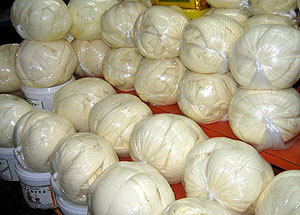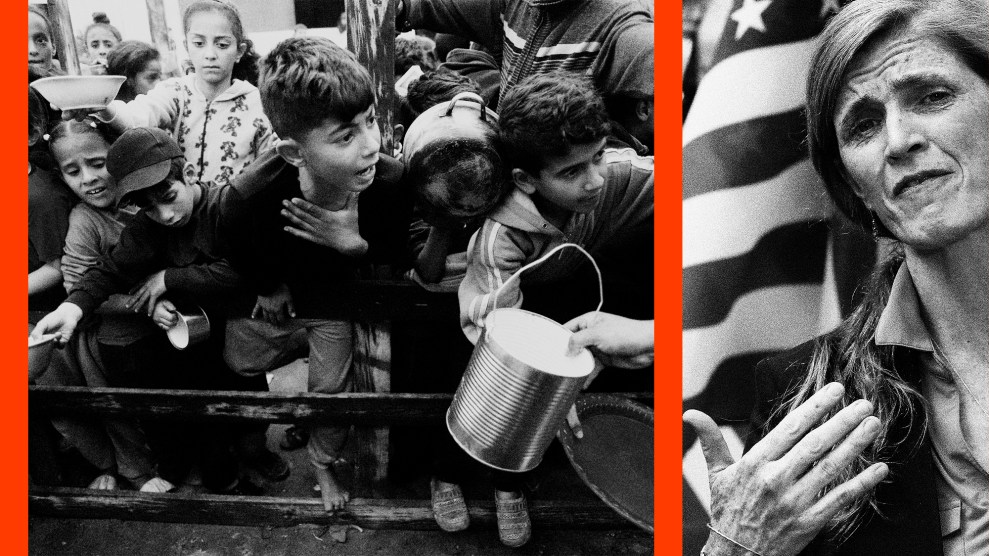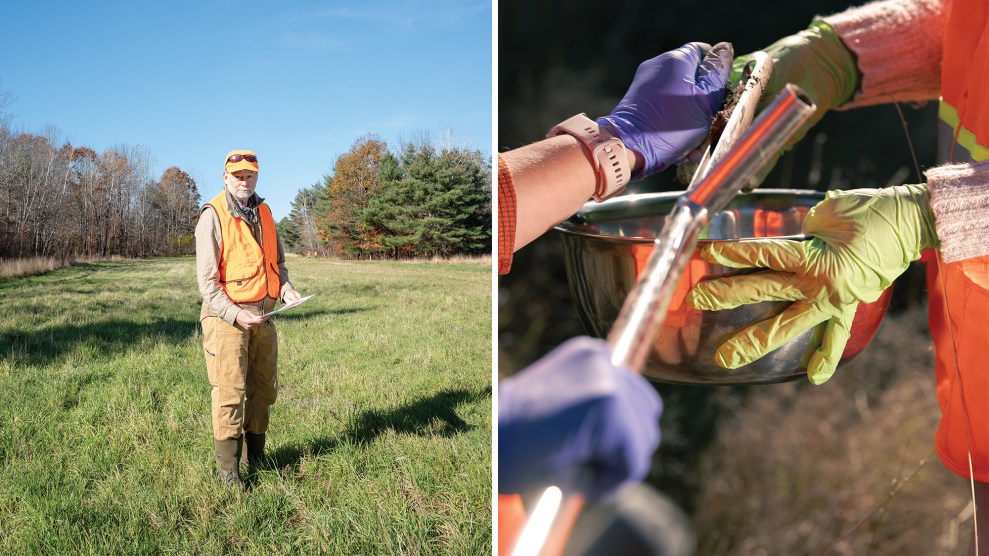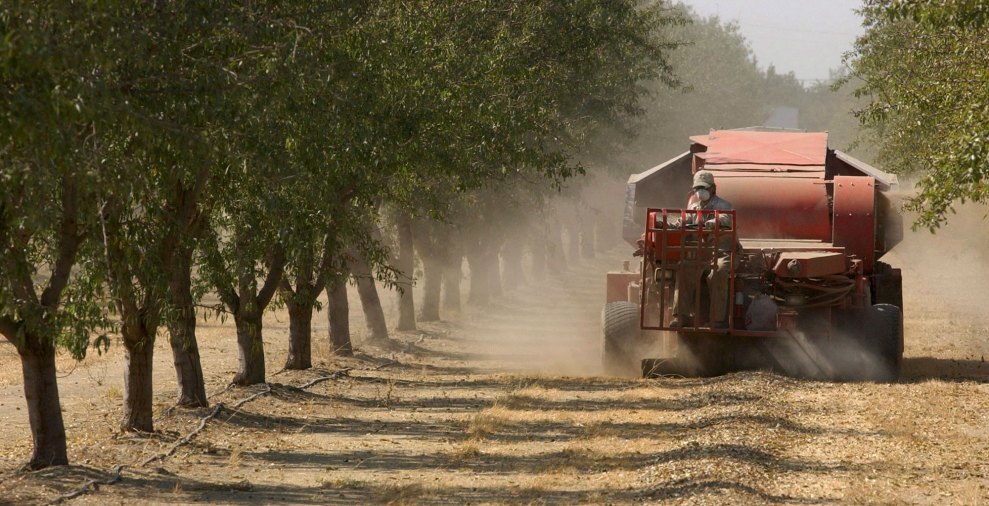 From the Los Angeles Times this morning:
From the Los Angeles Times this morning:
It’s all about unpasteurized Mexican cheese, of course, which is “spirited into the country in suitcases and is then sold door to door to residents or restaurants and at open air markets out of coolers.” The foodies love it:
Many people know its provenance is illegal but think it tastes better. Jonathan Gold, the Pulitzer Prize-winning L.A. Weekly food critic, said he prefers it. “I will admit that there are some groceries . . . where you do kind of buy cheese under the table, and it tastes better,” Gold said. “If you’re the sort of person who believes milk has a soul to it, which I guess I am, then pasteurizing is taking something away.” As for the potential danger posed by unpasteurized cheese, Gold added: “Life is filled with risks.”
I guess the LAT’s own food critic wasn’t willing to own up to buying illegal cheese under the table. Coward.













